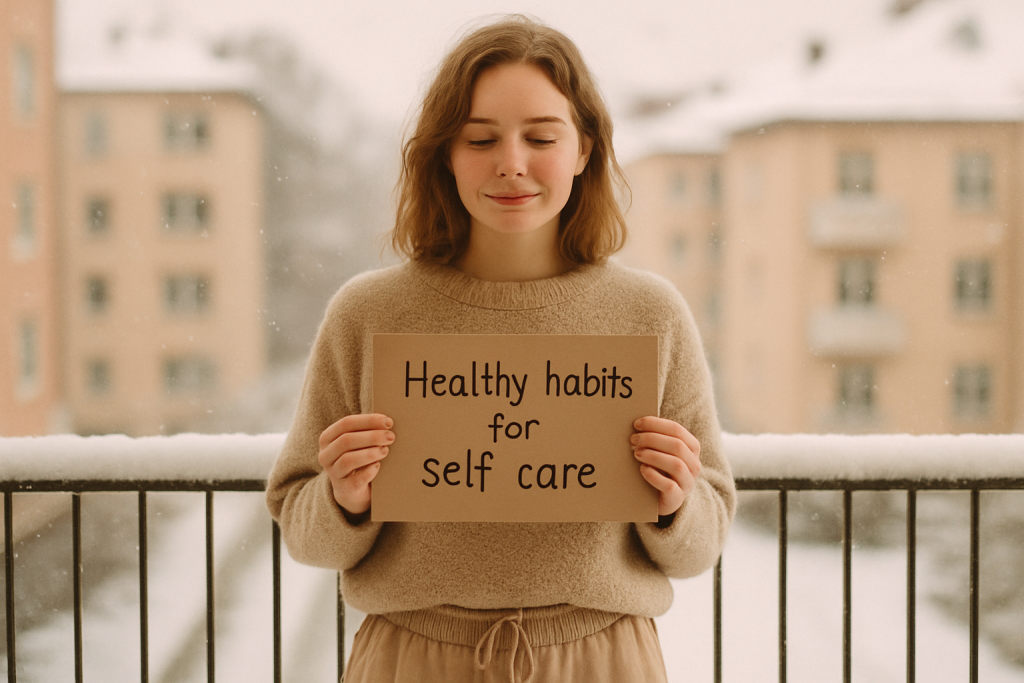Feeling constantly drained, both mentally and physically, can significantly impact our overall well-being. As I’ve delved into the science behind it, I’ve come to realize the crucial role that rest plays in maintaining a healthy lifestyle. From improving cognitive function to boosting immunity, adequate rest is more than just a luxury—it’s a necessity for our bodies and minds to function optimally.
In today’s fast-paced world, the value of rest often gets overshadowed by the glorification of busyness. However, I’ve learned through my research that prioritizing rest is not a sign of laziness but a cornerstone of self-care. By understanding the profound benefits that quality rest can offer, I’ve been able to make positive changes in my own well-being. Join me as we explore the transformative power of rest in enhancing our overall health and happiness.
Exploring the Benefits of Rest
Mental Well-being
Rest plays a vital role in maintaining my mental well-being. When I prioritize rest, I notice clearer thinking, improved concentration, and better problem-solving abilities. Quality rest allows me to recharge my mind, leading to enhanced creativity and emotional stability.
Physical Health
In my experience, prioritizing rest is equally crucial for my physical health. Adequate rest ensures that my body has time to repair and rejuvenate, promoting muscle recovery and overall physical strength. I’ve found that quality rest is essential for optimizing my immune function and reducing the risk of illnesses.
Understanding the Science Behind Rest
Rest plays a crucial role in maintaining both mental and physical well-being. Prioritizing rest allows the body and mind to recharge, leading to improved overall health. Let’s delve into the science behind how rest impacts different aspects of our well-being.
Impact on Brain Function
Resting is vital for optimal brain function. During rest, the brain consolidates memories and processes information, aiding in learning and problem-solving. Adequate rest enhances cognitive abilities, such as decision-making and creativity. Lack of rest can impair cognitive function, leading to difficulties in concentration and decision-making.
Implementing Healthy Rest Practices
Incorporating healthy rest practices into your routine is crucial for overall well-being. Here are some effective strategies to ensure you get the rest you need:
- Establishing a Consistent Sleep Schedule
- Creating a Relaxing Bedtime Routine
- Designating a Comfortable Sleep Environment
By following these practices, you can enhance your quality of rest, improve cognitive function, and boost your overall health and happiness.
The Link Between Rest and Overall Well-being
Exploring the connection between rest and overall well-being reveals a fundamental aspect of maintaining a healthy lifestyle. Rest plays a crucial role in both mental and physical well-being, influencing various aspects of our health.
Restful periods are not merely idle moments; they are essential for the body to recuperate and repair itself. When I prioritize rest in my routine, I notice improved focus and mental clarity. It’s during these moments of rest that my brain can consolidate memories and process information effectively, ultimately enhancing my cognitive functions.
Furthermore, quality rest supports emotional well-being by reducing stress levels and promoting a positive mindset. In my experience, allowing myself sufficient rest time positively impacts my mood and overall outlook on life. This emotional resilience gained through rest translates into improved decision-making abilities and increased creativity.
From a physical standpoint, adequate rest enables the body to recharge and regenerate. It is during restful periods that muscles repair and strengthen, contributing to overall physical health. By giving my body the rest it needs, I reduce the risk of illnesses and promote a stronger immune system.
Understanding the profound link between rest and overall well-being underscores the importance of incorporating healthy rest practices into daily life. By embracing rest as a priority, individuals can witness transformative effects on their health, happiness, and quality of life.



 Mindfulness and Meditation Expert
Paulether Masterson is Aura Nature Spark's mindfulness and meditation expert, with extensive training in various meditation techniques and practices. She is dedicated to teaching individuals how to cultivate inner peace and resilience through mindfulness. Paulether offers workshops and resources that help clients incorporate meditation into their daily routines, enhancing their overall well-being. Her calming presence and insightful guidance inspire many to explore the transformative benefits of mindfulness in their lives.
Mindfulness and Meditation Expert
Paulether Masterson is Aura Nature Spark's mindfulness and meditation expert, with extensive training in various meditation techniques and practices. She is dedicated to teaching individuals how to cultivate inner peace and resilience through mindfulness. Paulether offers workshops and resources that help clients incorporate meditation into their daily routines, enhancing their overall well-being. Her calming presence and insightful guidance inspire many to explore the transformative benefits of mindfulness in their lives.
